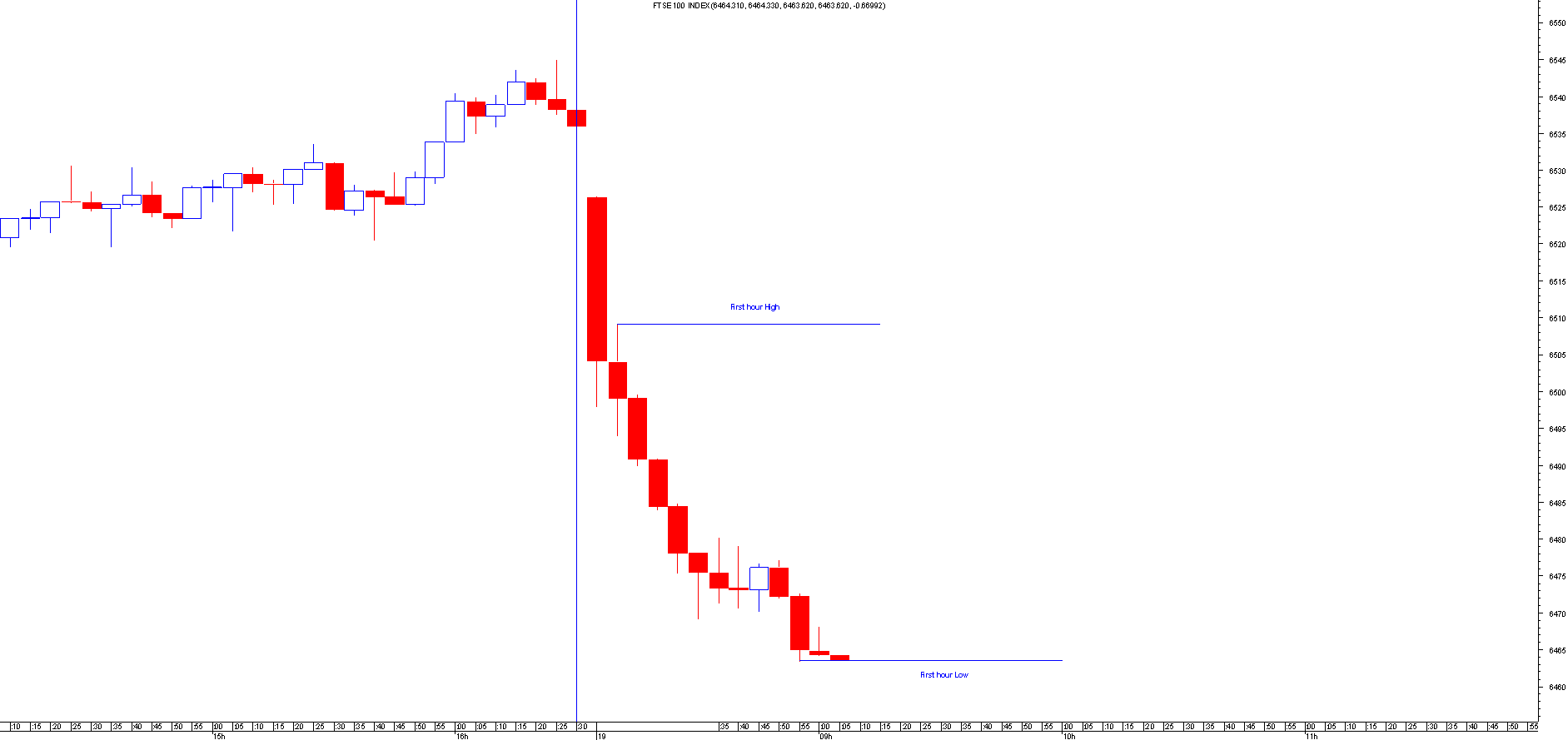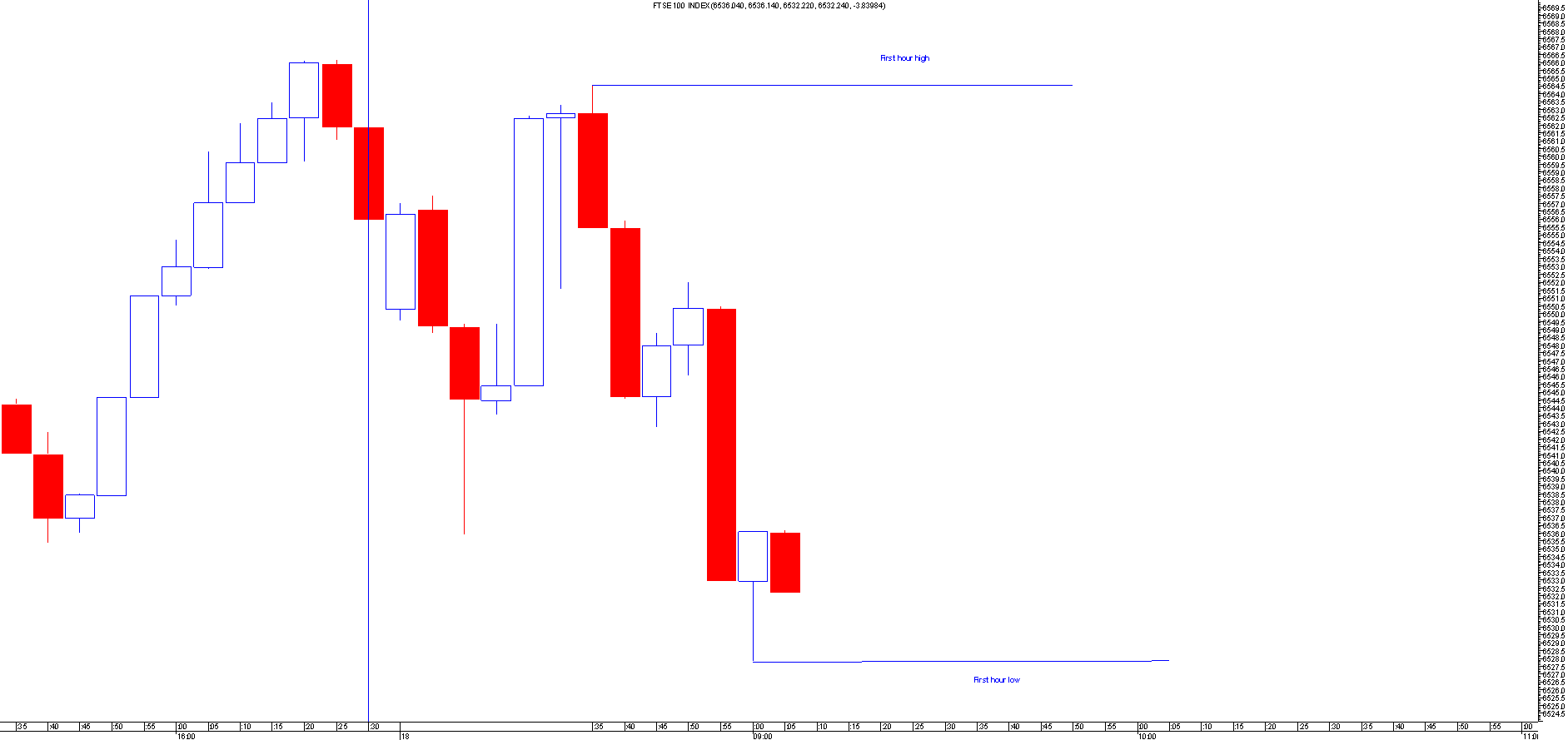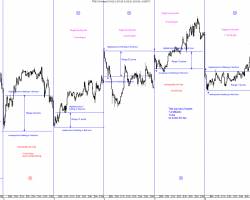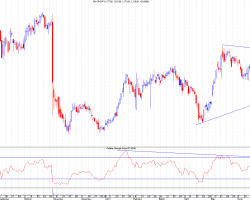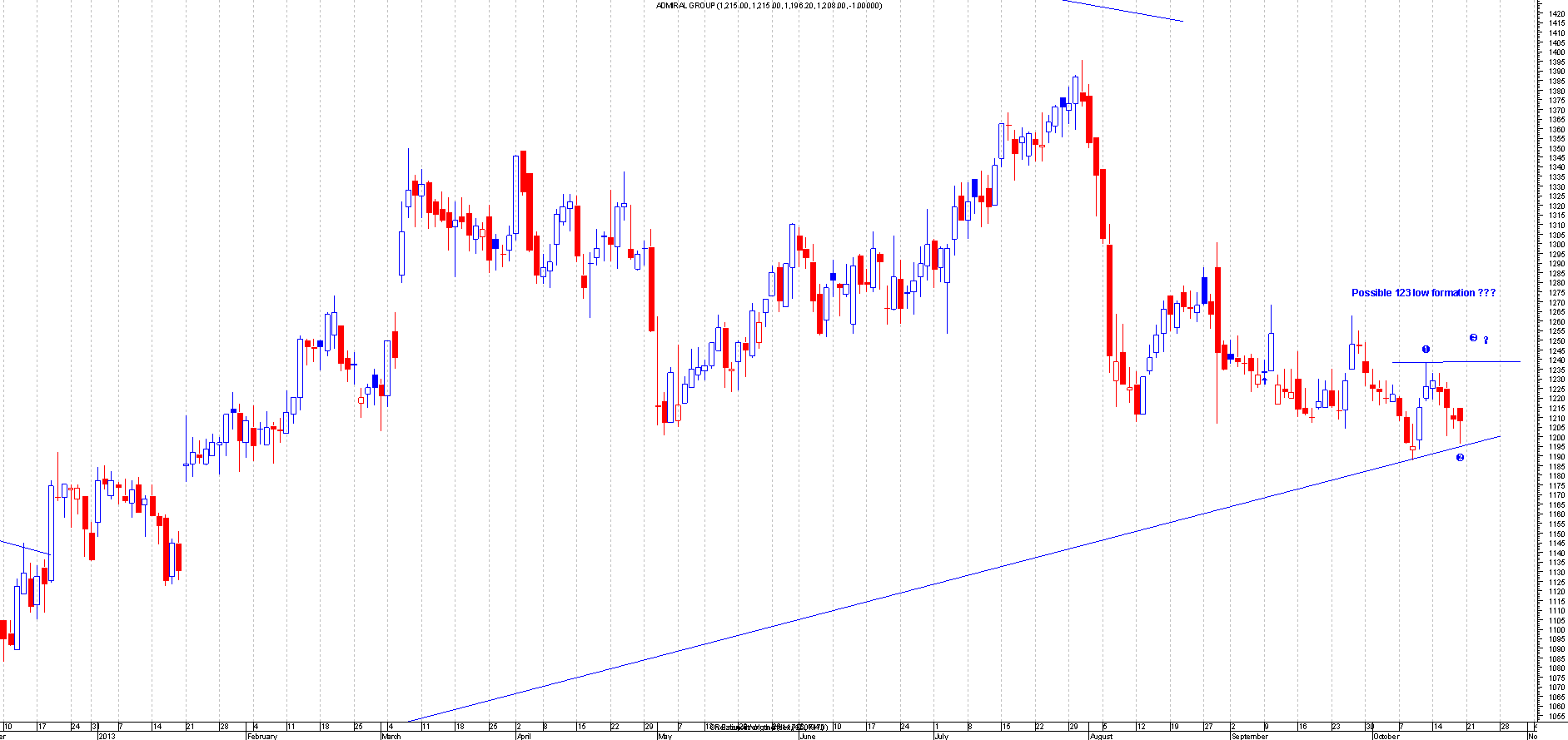Chartsview blog
General trading and all to do with financial markets
Dummy's Guide to Trading
in ChartsView Blog:- Font size: Larger Smaller
- Hits: 12220
- 0 Comments
- Subscribe to this entry
- Bookmark
Getting started in the stock Market
The very Basic.
Companies go to the stock market to raise funds.This is done Via the issue of shares. If you purchased shares you are issued with a share certificate.Now adays share certificates are held by your broker.These shares gives you voting rights and also can get dividends from the company profits depending on how many shares you have in the company.
Getting started The first thing you need to do is open up a share dealing account. There are many companies offering this service. The companies below are just a small selection of potential companies giving the service. In no particular order.
Prices could have changed since writing this article so bear that in mind.
Hargreaves Lansdown. No Annual Fee. £11.95 per trade
Halifax Share Dealing. No Annual Fee. £11.95 per trade
TD Direct Investing. No Annual Fee. £9.95 per trade
I web. No Annual Fee. £5.00 Per Trade
Barclays Stock brokers. No Annual Fee. £12.95. Per Trade
Selftrade. No Annual Fee. £12.50. Per Trade
When buying shares you should also remember that you have to pay for stamp duty (0.5% of total cost)on most shares unless you put them into an ISA.You also have a commission to buy and Sell. So the above figures are the buy commission and when you want to sell your shares theres an equal commission on selling them.
Example
I want to buy vodaphone shares. I loggin to my share dealing account and get a quote to buy 1000 vodaphone shares.
The quote was £1.60 to buy. I purchased 1000 shares at £1.60
This cost me 1000 * 1.60 = £1600 + £9.95 commission + £8 stamp duty on £1600. Total cost £1617.95
Then a few weeks latter I desided to sell my 1000 shares.
I get a quote at £1.80 to sell. I sold 1000 shares at £1.80
This returned me 1000* £1.80= £1800 - commission £9.95 = 1790.05
So total profit
1790.05 - 1617.95 = £172.1
So even thou you made 20 points profit per share which equals to £200 profit based on 1000 shares. By the time you factor in commissions and stamp duty you only end up with £172.1 profit.
On top of all this you still have to pay tax on the profit you made. You do get a tax Allowance before you pay tax so Please look at HMRevenue for more Info.
http://www.hmrc.gov.uk/rates/cgt.htm
There are different types of brokers you can have
The example above is based on execution only brokers.
Execution only brokers: This is the cheapest way to start. There's no advice given so the cost are lower. Most brokers are based on this.
Advisory brokers :They Advise on the purchase and sale of shares but leave the final decision up to you.
Discretionary brokers : They take complete control and deal on your behalf. This can be expensive.
So as can be seen from the above it's very easy to open up a share dealing account and start buying and selling shares.It's not rocket science like some people may think. But trading is not for every one as there's risk attached to share trading.You can lose all your money if invested badly so care should be taken.
For more useful stuff have a look in the learning section.

